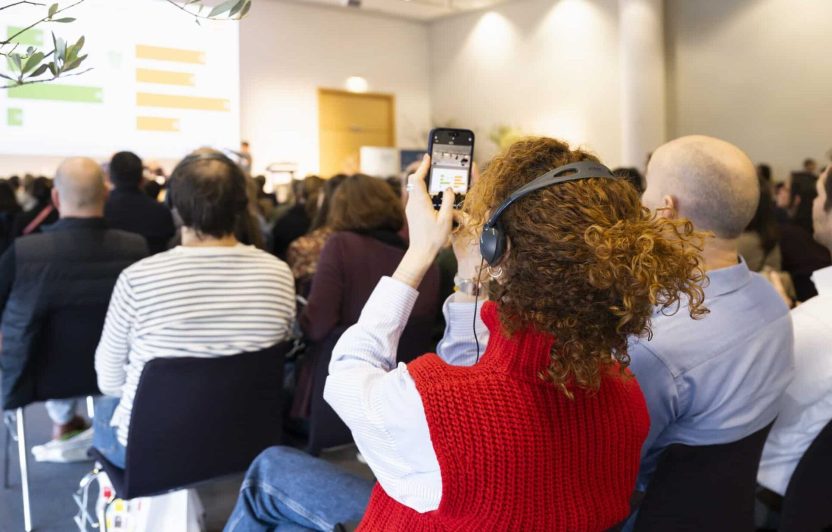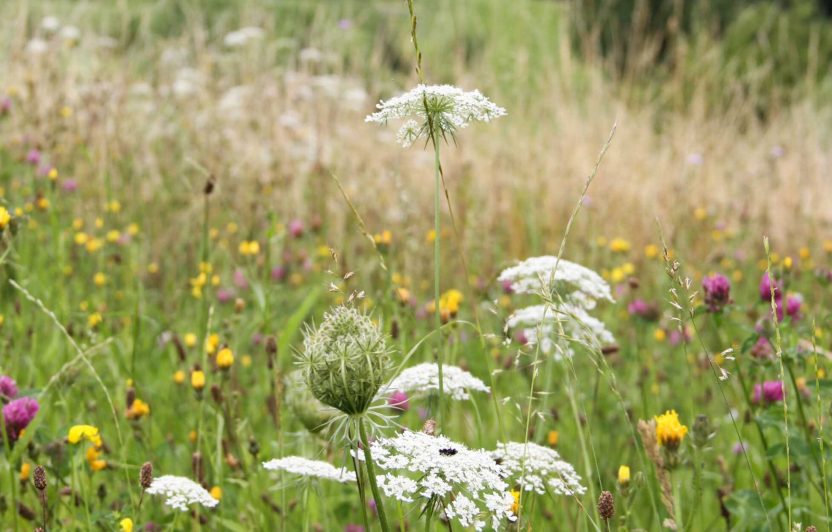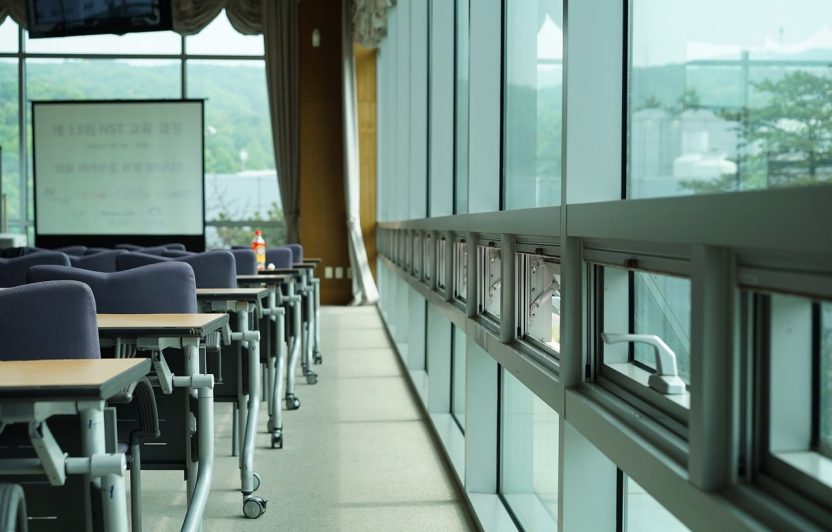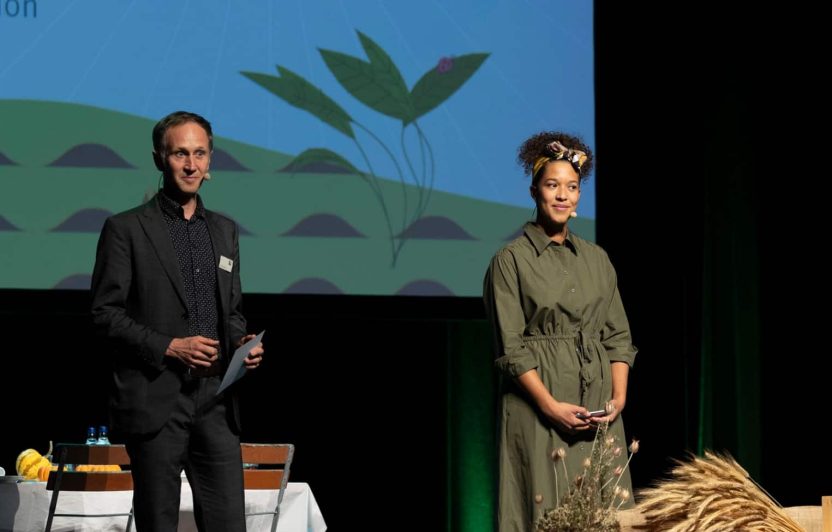One Health – health for everybody:
Simon Gottwald
Simon Gottwald was responsible for animal and human health projects at Biovision until June 2021.
While European countries are buying large quotas of coronavirus vaccines for their populations, many African countries are waiting in vain for supplies to arrive. Cynically, the people there have to hope that excess vaccine doses bought by rich countries will subsequently be passed on to them.
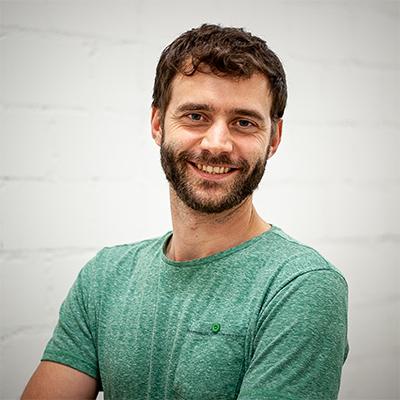
Simon Gottwalt, in Switzerland, as in other industrialised countries, huge vaccination campaigns have just begun. What is the situation in sub-Saharan Africa (SSA), which is currently being hit by a violent second wave?
So far, hardly any countries in Africa have started vaccinating – no vaccines have been delivered yet.
The African Union (AU) developed its own vaccination strategy back in September…
Given the desperate situation, the AU has now acted and ordered vaccines independently: 670 million doses for 2021 and 2022. That is enough for a quarter of the population. It is a first for health crises on the African continent: during the AIDS and Ebola pandemics, SSA was still completely dependent on support from industrialised countries.
This sounds like a positive development.
The problem is that African countries have to buy vaccines from pharmaceutical companies in richer countries. This means that they have to compete with these countries when it comes to procurement of the limited vaccines available. Since the richer countries are thinking primarily of their own populations, the African countries, with their limited resources, are initially left empty-handed.
The WHO has launched the Covax initiative to ensure that poorer countries can also receive Corona vaccinations. The initiative is a good start, and will enable a further quarter of the population in Africa to be vaccinated by the end of this year. But that is not enough to stop the pandemic.
Is the Global North acting too selfishly?
International solidarity is in poor shape at the moment. We in Switzerland look enviously to the UK, which has secured an even larger slice of the scarce vaccine pie than we have – and forget that the large supplies of vaccine doses come at the expense of poorer countries.
Africa is thought to be hoping to receive surpluses from the rich countries of the North in the course of the year.
The fact that we will give African countries our leftovers is a sign of inadequacy. And not only that: it is also short-sighted. If the virus can spread unhindered in poorer countries, mutant variants can form there that will even infect people who should actually be immune through vaccination or infection – as we are currently seeing with the South African variant. In the end, these mutant viruses will come back to us. So no-one is safe until everyone is safe!
Would Africa even be capable of carrying out vaccinations on a large scale?
This is of course a major challenge – as it is for us. But the health systems in many African countries are better than many people in the western world may think. A lot has happened in the last 20 years.
Swiss human rights and health NGOs have sent an open letter to the Federal Council calling for the temporary suspension of patent protection on vaccines. Would that help?
Due to the pharmaceutical companies’ limited production capacities, there is currently not enough cake to go around, to stay with the image. It would therefore be a good idea to share the recipe. The know-how and capacity to produce vaccines are available in emerging countries. After all, the vaccines were developed with the help of large sums of money from the authorities – and the revenues predicted for manufacturers are enormous: Pfizer and Biontech expect to earn 15 billion US dollars from their vaccine in 2021 alone! In the present situation, the focus should not be on business interests, but on the common endeavour to end the global pandemic as quickly as possible.
How likely is it that the World Trade Organisation (WTO) will respond to this demand?
The 164 WTO member countries would have to unanimously decide to lift patent protection for poorer countries. Unfortunately, this is a red rag for many countries with a strong pharmaceutical industry – including Switzerland. The next round of negotiations will take place on 23 February. At the moment, it does not look as if Switzerland will move away from its negative stance.


